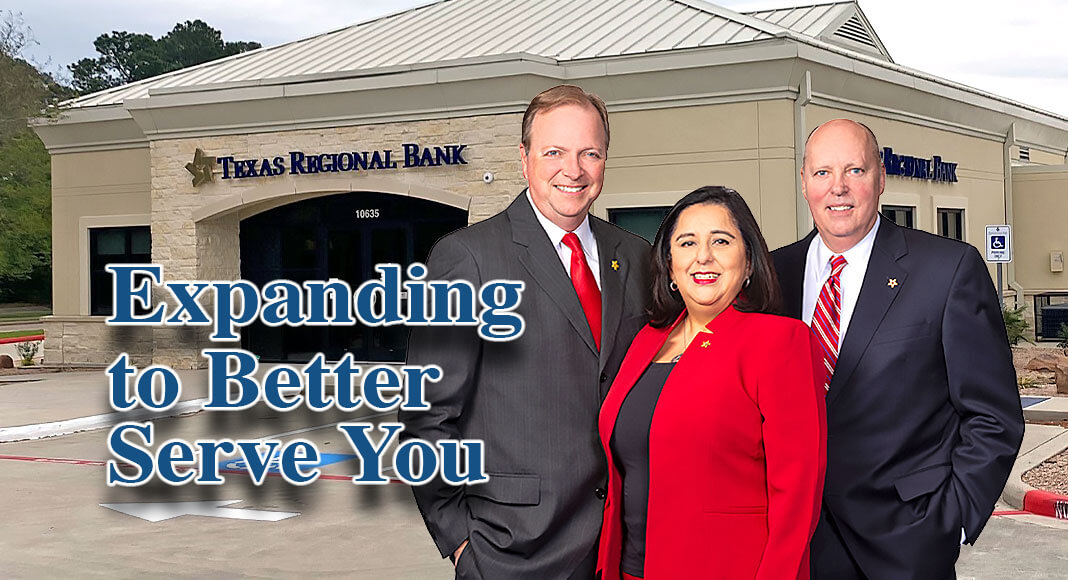Here are 10 helpful suggestions for estate planning companies and firms that offer trust administration. They can be useful when you are evaluating the company you want to employ to assist with managing, directing, or being the trustee of your trust. Each tip includes an explanation, as well as pros and cons that will aid you in making an informed choice.
1. Verify Licensing & Regulatory Compliance
TIP: Make sure that the trust firm is licensed by your state and is regulated by the financial or banking authority.
Cons: Doesn't protect consumers from legal responsibility.
Cons: Licenses aren't a guarantee of high-quality service or ethical standards.
2. Reviewing Trust Administration Experience
Tips: Select a firm with extensive experience in handling revocable, irrevocable, charitable, and special needs trusts.
Advantages: More experience can mean better handling of complex situations.
Cons: Older and larger companies might have less flexibility or personalization.
3. Check Fiduciary responsibilities
Tips: Make sure the business has a fiduciary responsibility which means they are legally bound to perform their duties in your best interest.
Benefits: Reduces risk of conflicts of interest and mismanagement.
Cons Contrary to popular belief, not all financial advisors are fiduciaries.
4. You can also learn about their costs
Tip: Ask for a detailed breakdown of administration costs, asset management charges and transaction fees.
Transparency helps with comparisons and cost-planning.
Cons: Fees can be complicated or vary based on trust size and type.
5. Evaluate Investment Management Services
Tips: If a trust company manages the assets, evaluate their investment strategy as well as the performance of their staff and their history.
Cons: Does not align with the goals and the beneficiaries of the trust.
Con: Some companies market proprietary products or perform poorly.
6. Request Sample Reports
Your beneficiaries or you may be interested in requesting copies of the reports and reports they will receive.
Pros : Shows professionalism and transparency.
Cons: Some reports are too complex or not frequent.
7. Clarify the Discretionary Distributor Policy
Understanding how your firm allocates discretionary funds to beneficiaries is vital.
Cons: Stops the fraud and keeps funds under control.
Cons: Can lead to tensions if the trustee is rigid or rigid.
8. Review Successor Trustee Planning
Tip: Make sure your company has a plan in place to replace the trust officer.
Cons: Limits disruptions and provides continuity.
Pros: Smaller businesses might not have succession planning or backup plans.
9. Ask About Tax Filing Services
A few firms provide trust tax preparation and filing, while others do not.
Reduces errors, simplifies compliance.
Cons: Can be accompanied by additional costs or require outside coordination.
10. Examine the communication style and frequency
Tip: Ask how frequently the trust officer contacts clients and beneficiaries.
Pros Promots transparency, responsiveness and accountability.
Cons: Insufficient contact could cause confusion. too much may be a bit intrusive. Take a look at the recommended trust administration for more advice including us bank accounts, us bank loan, banking money, digital bank, family owned banks, us bank online banking, people bank and trust, bank loans, good banks in san antonio, us bank number and more.

Winter Park Business Bank Accounts - 10 Tips
Here are ten tips to help you understand the business banking industry in Winter Park. Winter Park, Florida is known as a place with upscale businesses, boutiques, hotels and real estate, as well as an array of professional services. Each tip gives practical advice and pros andcons to assist entrepreneurs and small-business owners make informed decisions.
1. Choose a bank that aligns with your industry
Winter Park's economy is comprised of retail, legal, healthcare real estate and legal firms. Look for banks that have experience in the sector you're interested in, such as Truist or copyright.
Pros: Industry-specific solutions and consultants.
Cons: They may not be pertinent to your business in the event that it isn't in line with their mission.
2. Think about regional and local banks.
Banks, like Seacoast Bank and Fairwinds Credit Union provide a variety of services that are focused on community.
Pros: More relation-based banking and more involvement with the community.
Cons: limited geographic coverage or advanced tech when compared to national banks.
3. Examine the fees that are associated with business checking accounts.
Tips: Most banks charge $10-$25 monthly, but these can often be waived when you have a certain minimum balance (e.g. $1,500+).
Cons: You can handle it if you keep your balances within certain limits.
Pros: Smaller companies or newly formed companies might have to pay monthly fees.
4. Limits on transactions to be monitored
Business checking cards for business generally allow for between 200 and 300 transactions for free each month. Know your expected volume.
Cons: Not cost-effective for companies with low transaction volume.
Cons: Extra transactions could be costly (usually between $0.30 to $0.50 per transaction).
5. It is important to prioritise mobile and digital banking.
TIP: Ensure that you have access to mobile deposit tools, ACH tools and bill pay as and the integration of accounting software (e.g. copyright).
Pros: It saves time and increases financial transparency.
Cons: Smaller banks' digital platforms may be less than intuitive.
6. Choose a Bank with Strong Branch Access in Winter Park and Orlando
If you are required to deposit money in person or need banking services, think about your convenience location.
Pros: It's faster for local businesses.
Cons: Convenient only for banks that have a limited number of ATMs and branches.
7. You Should Talk to Cash Deposit Policy
Be aware of the limitations and fees on cash deposits made monthly for hospitality or retail companies.
Pros: Helps budget for operational expenses.
Cons: Charges extra for exceeding limits. The average is about $10,000 per month.
8. Consider Business Savings accounts or Market Accounts. Market Accounts
Tip: These are used to pay for emergency expenses or cash in excess while also earning interest.
Cons: Unable to earn an income that is passive.
Cons: Minimum balances may be high and withdrawals may be restricted.
9. Select a bank with SBA Lending expertise
Winter Park businesses will benefit from SBA 7(a), 504 and copyright loans.
Pros: Lower rates and more flexible repayment terms.
Cons: SBA loans can be difficult to obtain and require lots of documentation.
10. Use Merchant Services for Payment Integration
Tip: Banks like SunTrust/Truist and copyright offer bundled processing for credit cards and POS services.
Cons: Not ideal for retail stores and cafes.
Cons: It could include service contracts as well as processing charges. Have a look at the best Cypress Winter Park for more info including people trust, capital 1 banks, top 10 best banks in florida, people bank near me, us bank texas, new haven bank, banks in san antonio, bank first copyright, best bank to bank with, best banks and more.
